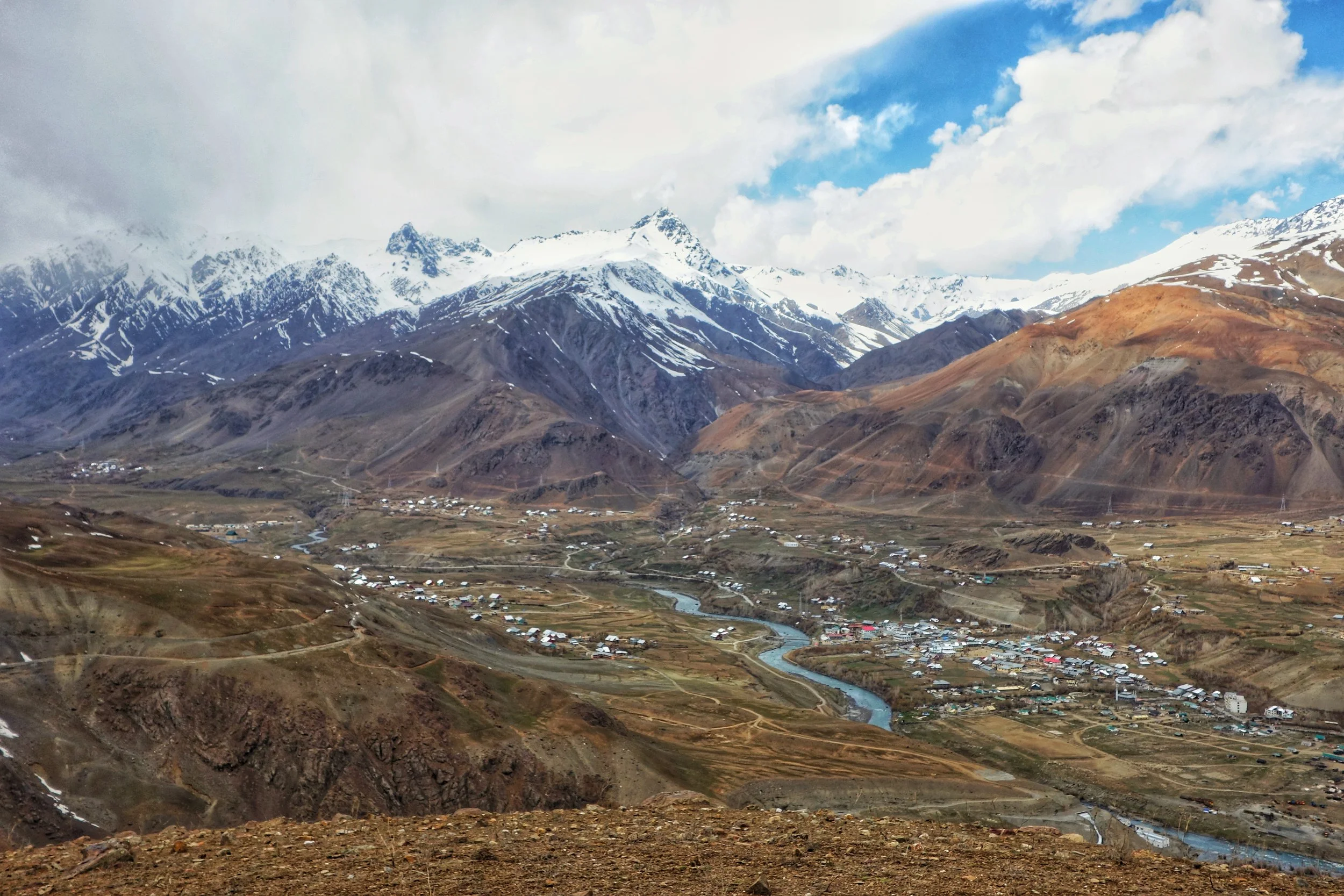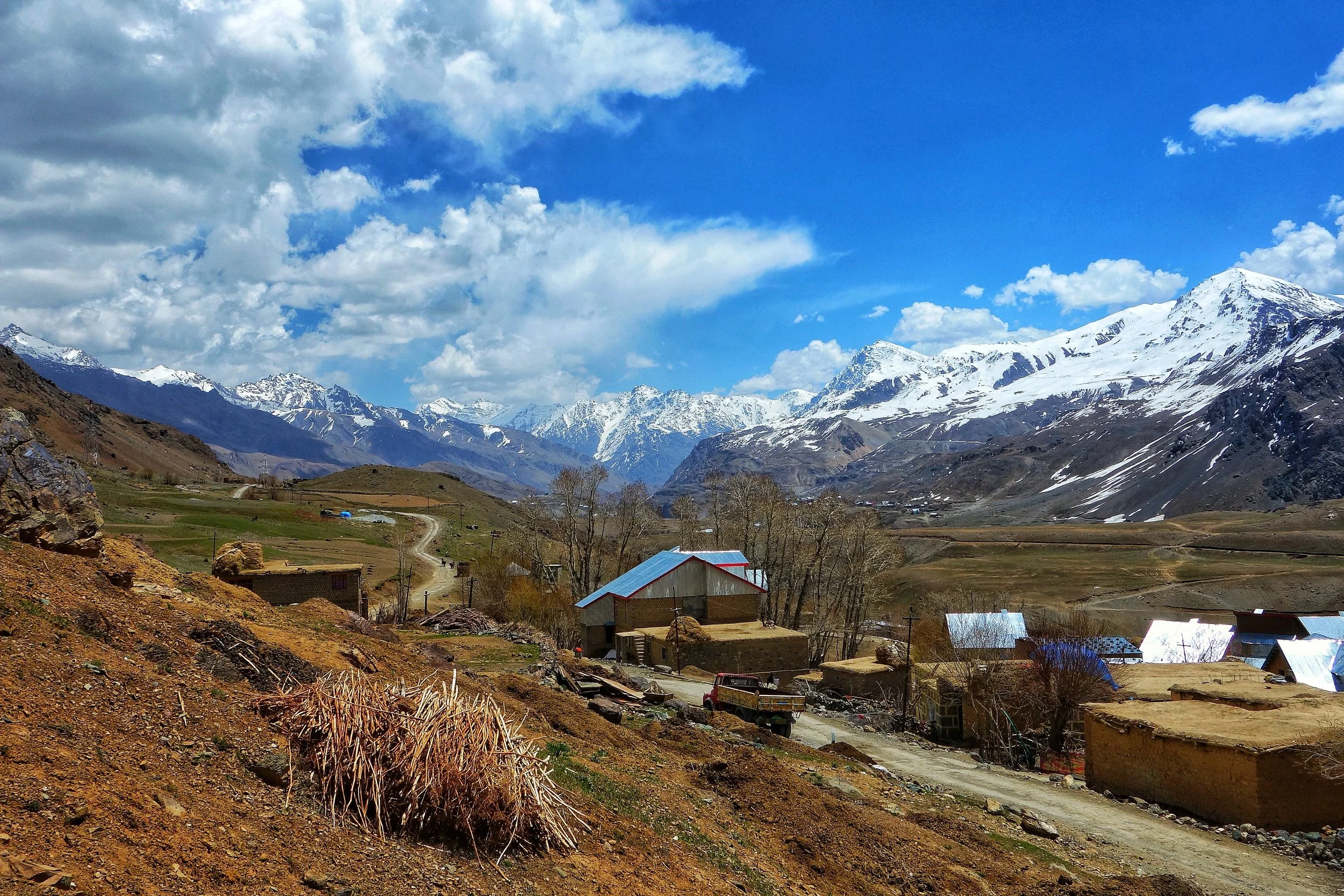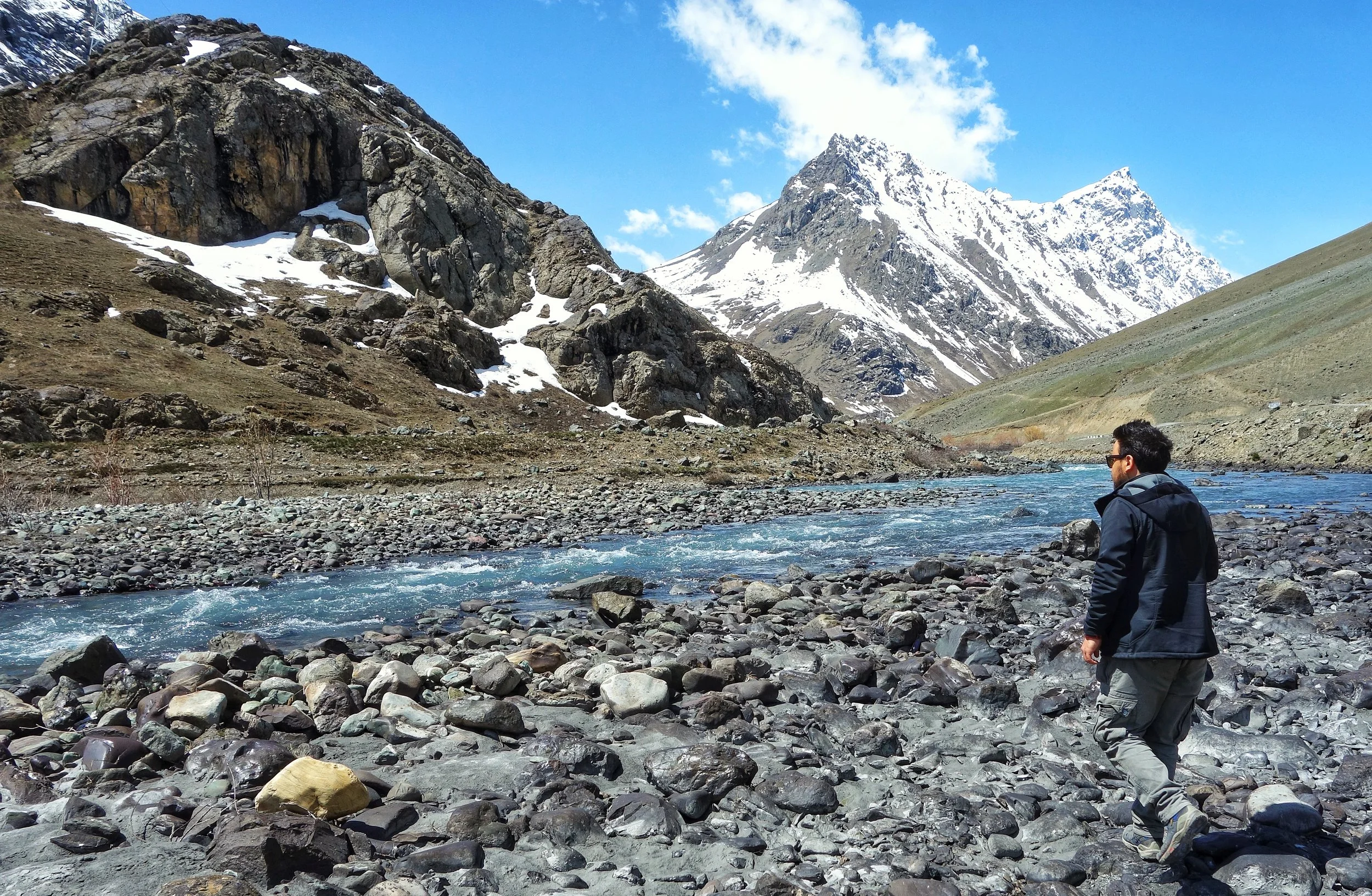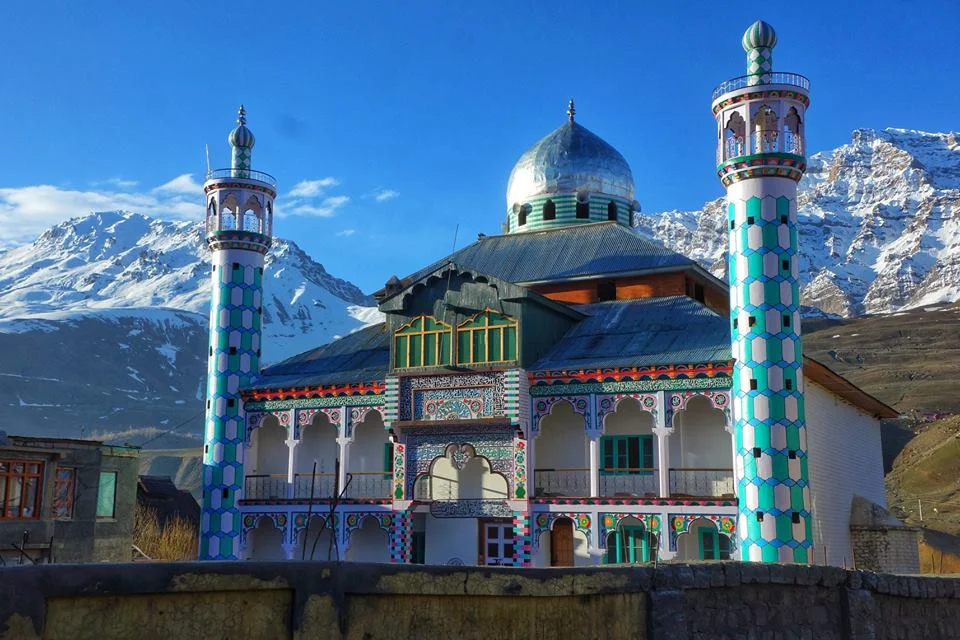Drass : Hembabs / Hembaps
Drass : Hembabs/ Hembaps
A Village with a great background in what used to be called "Hembabs / Hembaps" now known as Drass. This was on the way to Umba La which connects Drass to the Suru Valley at Sankoo.
A view of the Drass Valley from the Rpad to the Umba La Pass. In the background you can see the famous Tiger Hill
Besides being famous for being "The Second Coldest Inhabited Place in the World" (I often wonder where they came up with this stupidity ; it could well be the coldest inhabited place in India, which I would agree with) it also holds a unique place in the Geographically of Ladakh. Traditionally Drass was known as Hembabs with the word "Hem" meaning the same as it does in "Him" of the Himalayas. Basically a place which gets a lot of snow as this area got the most snow in the whole region.
A Village in the Drass Valley
And also Hembabs is also the place with the most influence of Kacheeyul, which is the traditional Tibetan/ Ladakhi word for Kashmir. And a number of Kashmiris have traditionally come over here and settled here.
The Mushkoh River
And most interestingly the language spoken in Drass is Shina unlike the Purigi version of Balti spoken in Kargil and Suru Valley. The same language is spoken in the Gurez Valley in Kashmir as well. Shina is a one of the major languages of Gilgit Baltistan as well with 40% of the population supposedly speak Shina.
For most people this is just a cold place in way to Leh. But this place holds much more than that.
A beautiful Mosque in Drass.
On a side Note these are the Ladakhi / Tibetan names for the regions which bordered Ladakh ( Got them from an old Map that I happen to come across ) :
Kashmir - Kachee Yul
Kulu - Nyungti
Kinnaur - Kunu
Drass - Hembaps
Marwah Warwan - Maru Wardwan
Chamba - Chamba
Kishtwar - Kishtwar
Padar - Paldar
Badarwah - Badarwar
Pangi - Panga
Bharmour - Barmaur
Lahaul - Garzha
All these places are the Cathedrals of the Himalayas and in my view one of the most intriguing Mountain geographies on the Planet. With an amazing array of ethnic, cultural, lingual, religious and societal diversities. May we all get a chance to visit these places.
Pic from April end, 2018. On the way to Umba La, Drass Sector





